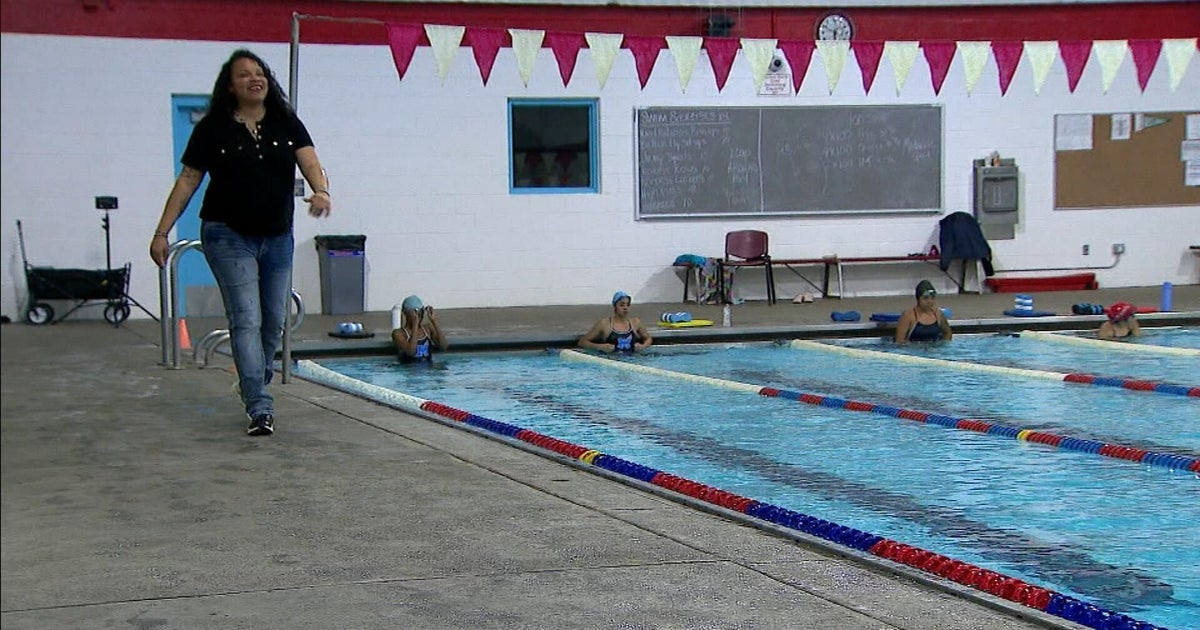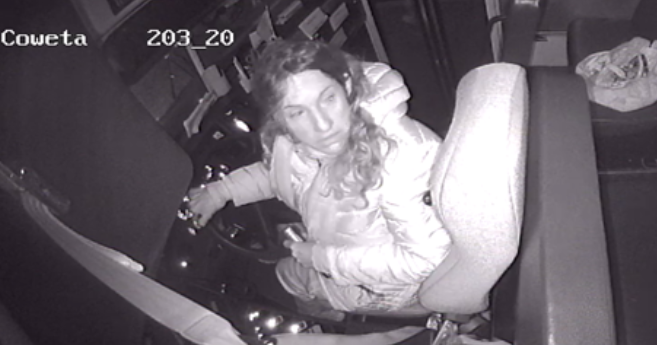Riverhead Uses Google Earth To Find Unpermitted Pools
RIVERHEAD, N.Y. (CBS 2) -- It's public satellite technology that's supposed to help travelers, but one Long Island town is using it to catch illegal backyard pools.
They are homeowners who have swimming pools, but no required permits.
But it's the "eye in the sky" in Riverhead that is raising concerns about the invasion of privacy, reports CBS 2's Jennifer McLogan.
Paulette Bates was taken aback when she and her husband were suddenly cited for a backyard pool permit violation. No one from the town of Riverhead had ever set foot on her property.
"With today's technology anybody can go on Google Earth and see what they want to see," Bates said.
The town informed her it used satellite images to identify unapproved installations.
The Bates family was stunned because their pool company said it would take care of installation inspections and certification, yet it didn't -- and some 250 other new pool owners seem to be in the same boat as the town's eye in the sky peers down and continues searching for intentional and unintentional scofflaws.
"That's about as much as Google Earth will allow us to zoom in. We really just want to check for fencing and the necessary pool safety," one town official told CBS 2 HD.
Violators are being told to pay the $300 for the permit, plus pool taxes, which vary, or face hefty fines and penalties.
"I understand people think it is Big Brother looking in, but as town supervisor you have to balance the public safety needs. It's a tough decision for me," Riverhead Supervisor Sean Walters said.
It's tough because it is raising privacy fears.
"I would only use it for the purpose of public safety. Some people think it is to generate money for the town, but there is no direct benefit for anybody," Chief Building Inspector Leroy Barnes Jr. said.
Still, the town has collected $75,000 in fees from the crackdown.
Bates said if it saves one person from drowning, she's okay with using Google tools.
"Helicopters, planes, whatever can go overhead and see your backyard, so, no, I don't really feel violated, because it was a safety issue," Bates said.
Google Earth is promoted as an aid to help travelers, not necessarily to be a prying eye for cash-hungry local governments.
The electronic privacy information center in Washington D.C. criticized the practice, asking what's next, municipalities nabbing people for overgrown lawns? The organization said technology is advancing "unchecked."







